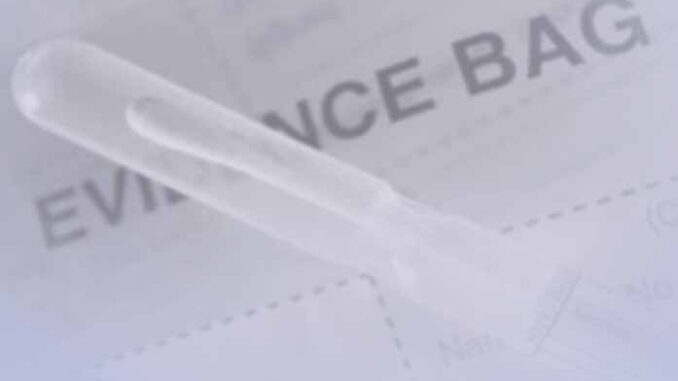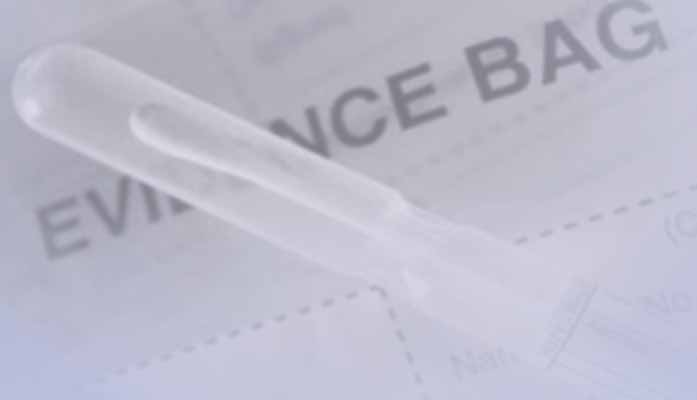
A $1.5 million grant from the Department of Justice will support the University of Arizona Innocence Project‘s mission to investigate potential wrongful convictions, specifically through DNA evidence analysis.
The funding, project leaders hope, will be a significant step toward criminal justice reform in Arizona. Despite advances in DNA testing leading to a rising number of exonerations nationwide, Arizona has only seen three documented DNA exonerations since 1989.
“This grant means we can push forward, looking deeply into cases where DNA has the potential to prove innocence and pursuing relief for those who have been wrongfully convicted,” said Vanessa Buch, director of the U of A Innocence Project, which is based in the James E. Rogers College of Law.
The funding, from the Department of Justice’s Bureau of Justice Assistance in the Office of Justice Programs, is the largest grant ever received by the U of A Innocence Project – three times the size of its previous highest award.
It comes as the U of A Innocence Project’s intake is higher than ever, with hundreds of innocence claims awaiting review. The influx of cases has illuminated a daunting task: navigating a complex legal landscape and breaking through a backlog that could take years to address without added support, Buch explained. The project will now expand its case evaluations and re-examine old evidence using cutting-edge DNA analysis, which could yield new insights in previously inconclusive cases.
“DNA testing is incredibly costly, and without these resources, a clinic like ours couldn’t tackle cases that might require multiple rounds of testing or new, more advanced methods,” said Virginia Morris, assistant director of the U of A Innocence Project. “Even just accessing older case files can be time-consuming and expensive. This grant provides us with funding to obtain records, travel when needed, and consult additional experts to give each case the attention it deserves.”
The funding also will allow the clinic to accept more law students, who are integral to project’s investigative work. Students involved with project get hands-on experience in legal practice, case review and criminal justice reform. Under the supervision of Buch and Morris, they review case files, investigate evidence and conduct fieldwork, such witness interviews to prison visits.
“Often in law school, students are presented with a prepared fact pattern to analyze. In our program, students are tasked with building their own fact pattern through a rigorous review of the record,” Buch said. “When they take on an intake case, they’re part of the process from the beginning. They learn how to build a case file, examine existing evidence, and strategize ways to uncover new evidence in support of innocence.”
Morris noted that for many of the students, the work offers a different perspective on the criminal justice system. They are involved from Day 1, giving them ownership over cases and allowing them to see the emotional impact on those wrongfully convicted.
In more complex cases, students can draft legal documents, interview witnesses and meet with people who may have spent years or decades in prison. Those interactions can be transformative, both professionally and personally, Morris said.
As the grant expands the clinic’s capacity to investigate cases, so too will it enable the U of A Innocence Project to build upon its partnership with the Conviction and Sentence Integrity Unit of the Pima County Attorney’s Office. The collaboration, which was supported through a previous Department of Justice grant, fosters engagement between prosecutors and defense advocates, facilitating joint re-investigation of cases and aligning efforts in search of justice.
As the project moves forward with its expanded team, the funding presents an opportunity not only to review hundreds of cases but to bring awareness to systemic issues within Arizona’s criminal justice system.
“Our hope is that by focusing on DNA cases, we’ll learn more about errors in the system and start to break down barriers to exoneration in Arizona,” Buch said.

